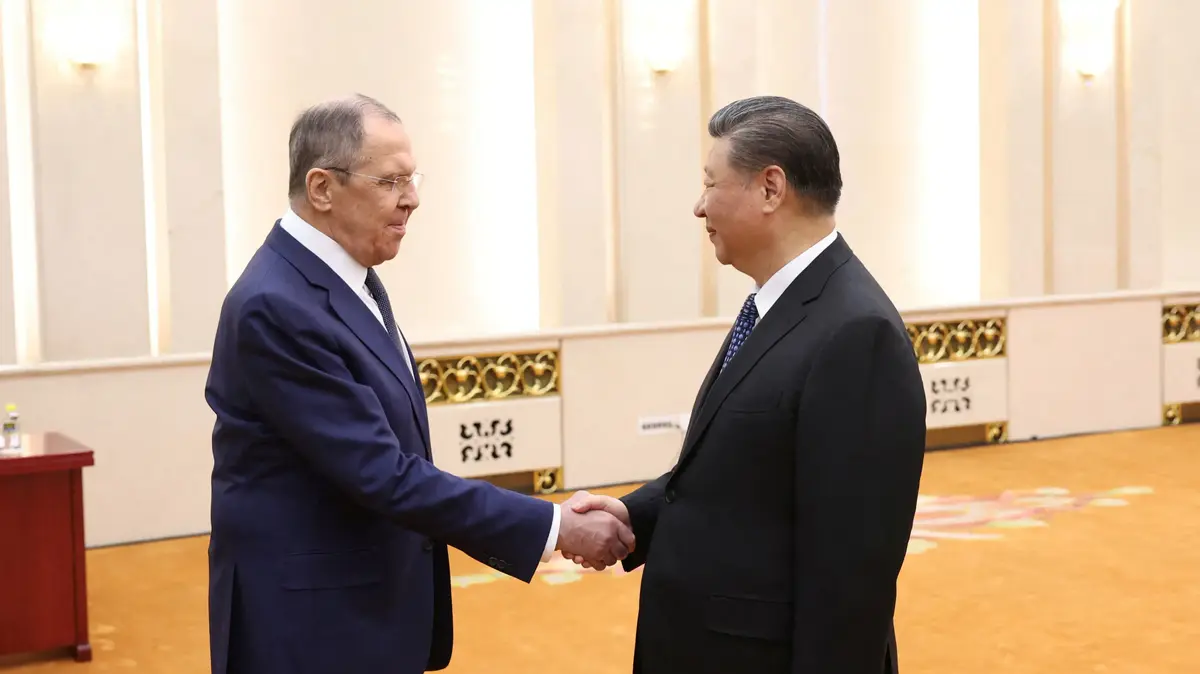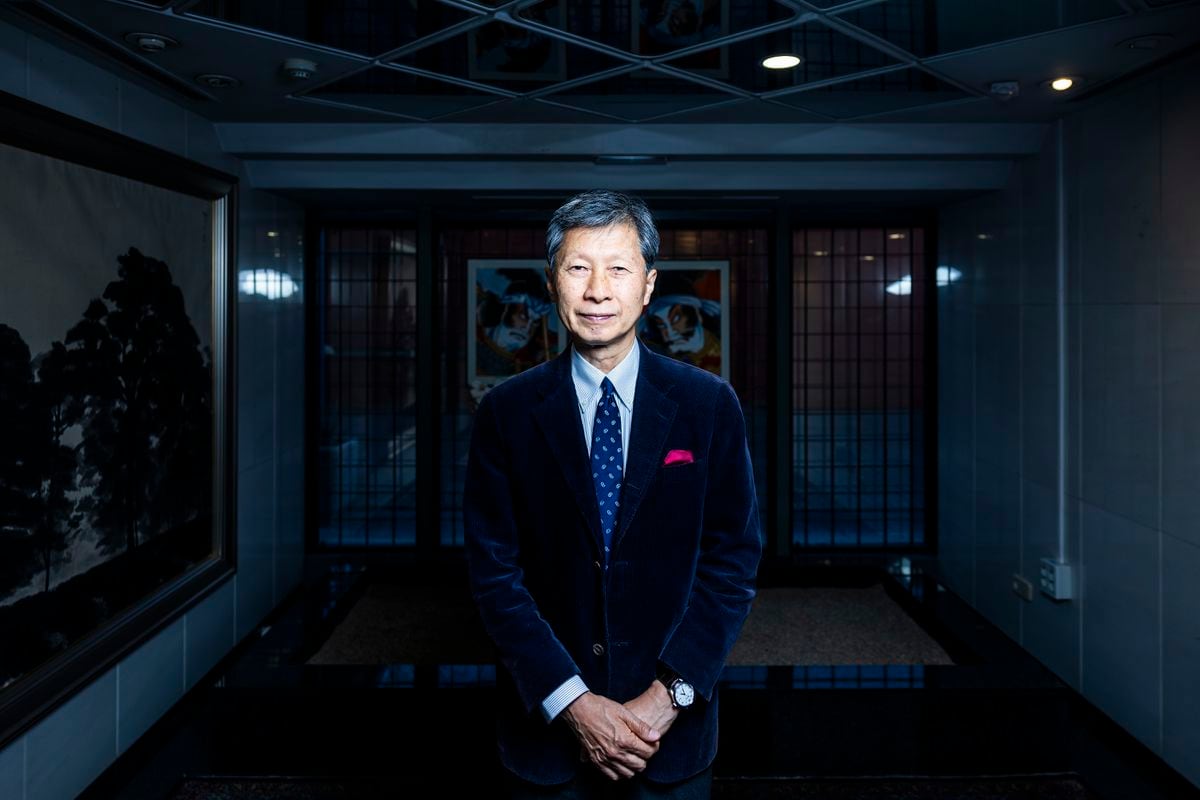It was a meeting preceded by controversy.
The president of Taiwan, Tsai Ing-wen, and the number three in the hierarchy of the United States, the leader of the House of Representatives, the Republican Kevin McCarthy, have met this Wednesday in the outskirts of Los Angeles, for a conversation that Before it began, it had caused China's discomfort.
The meeting is the highest level a Taiwanese leader has held with a senior US position since the United States broke formal diplomatic relations with Taipei in 1979 to establish them with Beijing.
And it comes despite warnings from Beijing, which had threatened reprisals if Tsai, who is in transit in the US after a tour in Latin America, received treatment remotely similar to that of a head of state.
"We are not isolated and we are not alone," Tsai proclaimed at the end of the meeting.
At the beginning of the meeting, McCarthy described Tsai as a "great friend of the United States" and assured: "We will find ways for the people of the United States and Taiwan to work together to promote economic freedom, democracy, peace and stability." .
The meeting, at Ronald Reagan's presidential library in Simi Valley and in which other Republican and Democratic US legislators also participated, came when Taiwan has just lost one of the dozen diplomatic allies it has in the world: Honduras has broken diplomatic relations with Taipei to establish them with Beijing, in a new goal that China has scored in the pressure campaign that it has carried out since Tsai came to power in 2016 so that the countries that maintain diplomatic relations with the island break with it and establish formal ties with the People's Republic.
In his statements, Tsai responded to this situation.
The meeting in California had been planned for weeks.
Before last November's midterm elections, in which Republicans seized control of the House of Representatives, McCarthy had promised to visit Taiwan leading the largest US delegation to visit the island in nearly 45 years of history. .
But the trip of her predecessor, Democrat Nancy Pelosi, last August drew a drastic response from Beijing, which deployed live-fire military maneuvers near the island.
Concern in Taipei and Washington about triggering further retaliation caused the Republican politician to dismiss his original idea and instead accept the California meeting.
But Beijing, which portrays Taiwan as one of its greatest national interests, is keeping a very firm scrutiny on what may emerge from the meeting.
Its Defense Ministry has already warned that one of its aircraft carriers, and its escort ships, are in waters off the southeast coast of the island.
Taiwan is the biggest sticking point in increasingly acrimonious China-US relations.
Beijing considers that the self-governing and democratic island is an inalienable part of its territory and is willing to achieve unification by any means necessary, including violence.
The United States, for its part, maintains extensive and excellent informal relations with the island, whose strategic importance has not stopped growing as the rivalry between Washington and Beijing has increased.
Although it does not support the independence of Taiwan, it does sell weapons for its defense.
And it maintains an attitude of "strategic ambiguity": it does not specify whether, in the event of an attack by China, its armed forces would come to the defense of the Taipei government or would remain on the sidelines.
Since the meeting between the two politicians in California began to loom on the horizon, the US government has been careful to appeal to Beijing for calm.
Both the White House and the State Department have stressed time and again that the transit of a Taiwanese president through the United States is commonplace — in Tsai's case, it will be the sixth time he has passed through this country on his way to others on his seven years in office - and there is no reason for Beijing to retaliate or escalate the tension.
"Beijing should not use this transit as an excuse to take measures that increase tensions, that put a little more pressure to change the
status quo
" between Beijing and Taipei, declared the Secretary of State, Antony Blinken, from Brussels.
On Tuesday, the Chinese Foreign Ministry had stressed that it would "closely follow" the meeting and "resolutely uphold" Chinese sovereignty.
In Washington, the Chinese embassy's congressional officer warned lawmakers on the eve of the meeting: “China will not stand idly by in the face of stark provocation and will likely take necessary and resolute steps in response to this unwanted situation.
Let's work together to avoid such a situation."
Follow all the international information on
and
, or in
our weekly newsletter
.
Subscribe to continue reading
Read without limits
Keep reading
I'm already a subscriber

/cloudfront-eu-central-1.images.arcpublishing.com/prisa/BHPKG4ICQK3XRKQHJCUPGHPW6A.jpg)






